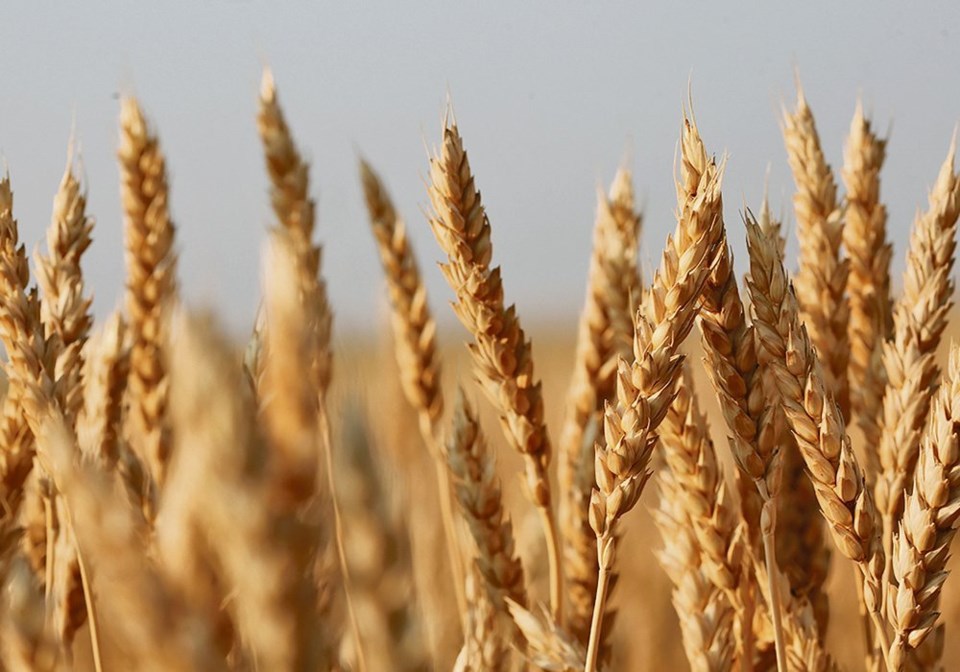WESTERN PRODUCER — Lack of clarity in the federal government’s plan for agricultural greenhouse gas reductions hasn’t generated a lot of trust from farmers who, for the most part, don’t have much trust in the government to begin with.
That said, provincial politicians are willfully misleading producers and the public in order to take advantage of the situation. Shame on both.
The federal players should have anticipated that any rollout of a greenhouse gas reduction plan for agriculture had to be well described and thoroughly communicated because of the potential negative effects it could have on farmers’ incomes if poorly implemented.
The idea that a 30 percent reduction over a decade was aspirational rather than a fixed target was not clearly articulated when first announced.
That left room for interpretation from producers, who were already skeptical of Liberal policies after being told that the carbon tax wouldn’t have much of an effect on them. Trust is especially scarce among producers in provinces that fought the carbon pricing protocol in court and lost.
To be fair, the feds are now in the process of consulting with producer groups and industry to develop responsible guidelines for agricultural emissions. But yet again, they missed the mark on timing by holding those consultations at harvest time in Western Canada. Delaying talks until early November would have eliminated concerns that the government was trying to keep some farmers from being involved.
Suspicions that the federal government could willfully damage Canadian agriculture are not easily eased, in large part because many in the West see policies that will have negative outcomes for the oil and gas industry. This helped create cracks for conservative politicians and political actors to undermine faith in the federal government.
Provincial politicians from Saskatchewan and Alberta, along with some from the federal Conservative Party of Canada, have capitalized on this whenever they can and the federal government has been unwittingly handing them the means.
This includes attempts to tie the disastrous European Union Green Plan to the current federal ag emissions reduction targets. The two are not remotely the same, but that hasn’t stopped politicians and their supporters from suggesting they are two of a kind.
Fumbling the ball once more, the federal government recently tacked on a future need for farms to have an Environmental Farm Plan before the federal portion of AgriInvest would be placed into bank accounts.
Many provincial and federal grant applications already require an EFP but once again, timing is everything. Announcing the requirement at the same time as the 30 percent GHG reduction target created more suspicion that the latter would become a fixed mandate with business risk management programs used to enforce it.
Despite other and far more significant subjects in the new federal-provincial ag agreement, such as the AgriStability compensation rate change and a 25 percent increase in funding for farm programs, the new deal has done little to repair farmers’ trust of government.
Instead, fueled by opposing politicians looking to make political hay, the trust has broken down so badly that routine water sampling by federal scientists in rural Saskatchewan is now seen as a potential conspiracy and cause for outrage.
These political games should stop when it comes to agriculture, because they are harming farmers’ reputations and leading to public mistrust in basic food production. And that is a place where trust really matters.
Karen Briere, Bruce Dyck, Barb Glen and Mike Raine collaborate in the writing of Western Producer editorials.

